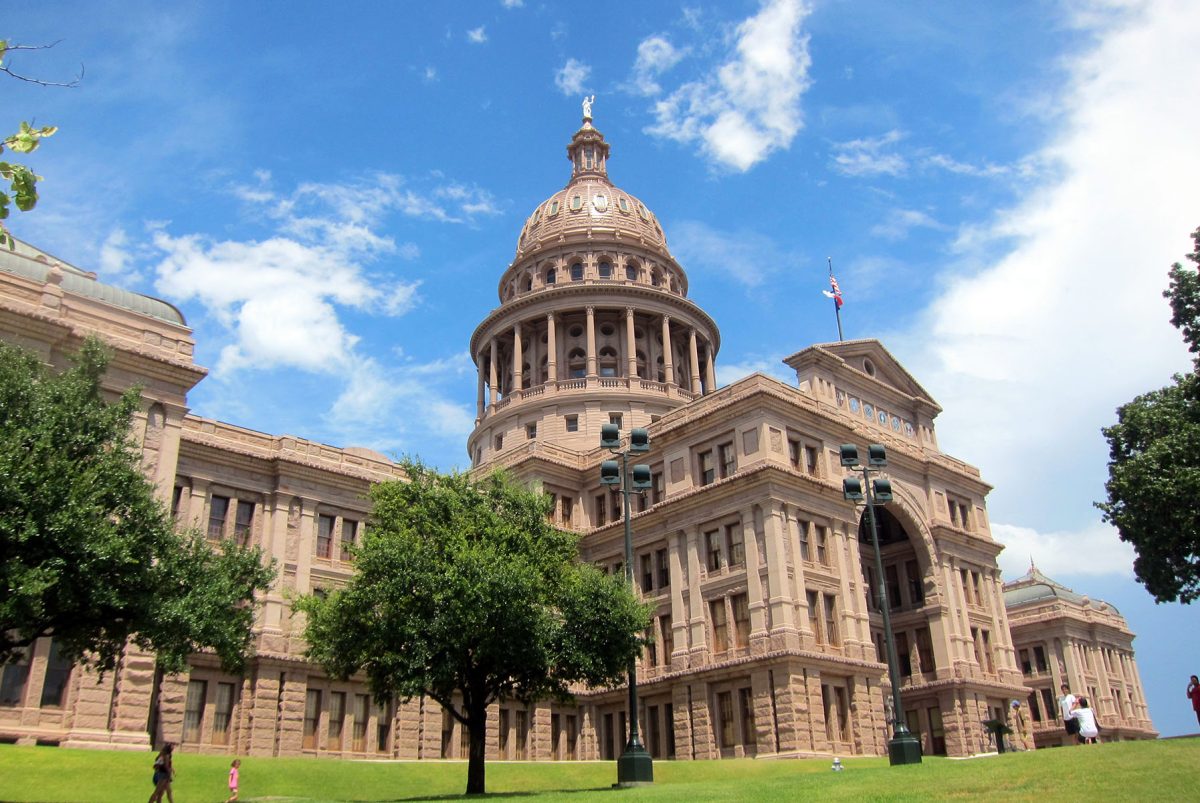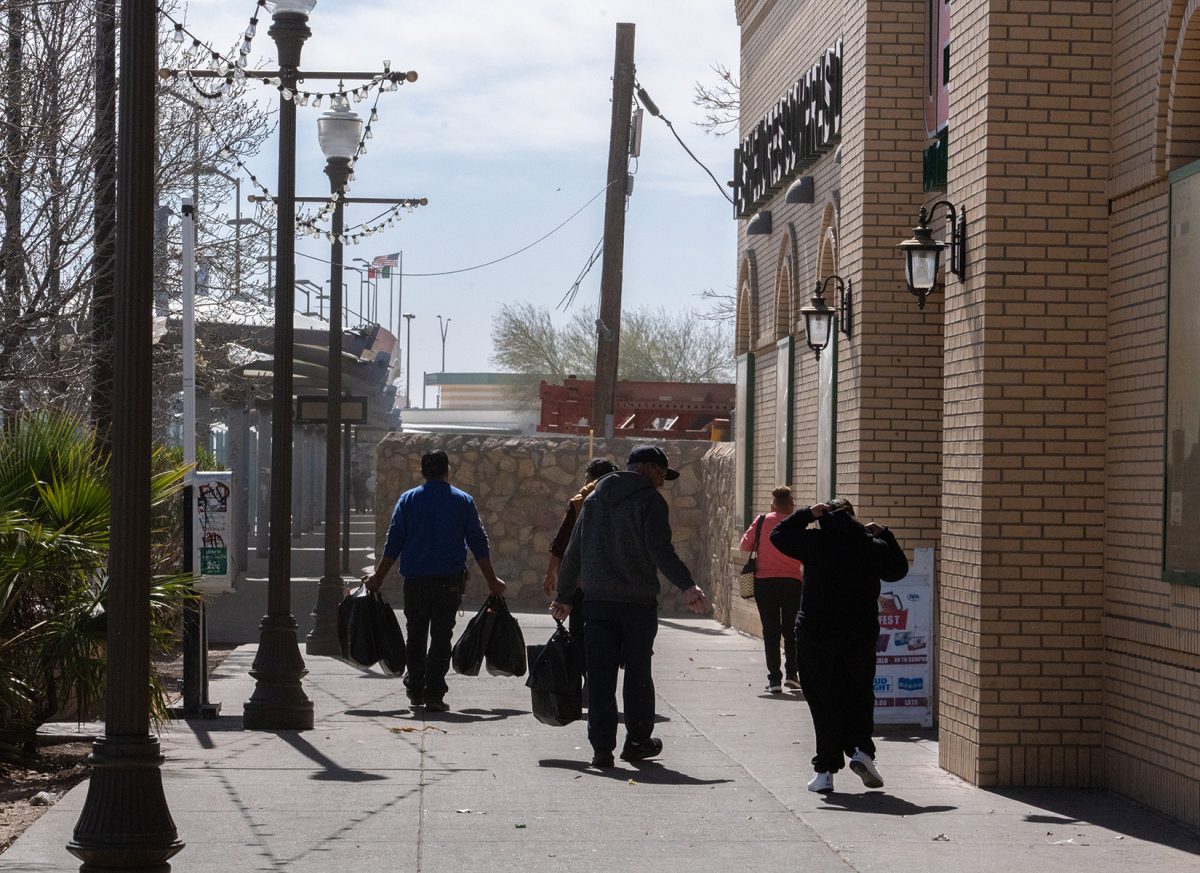As citizens of Texas inch closer to Sept. 1, they can also look forward to possibly the greatest transfer of power away from the public in some of the biggest cities. This action has been infamously named, “The Death Star Law.”
So, what does this mean for Texas’ biggest cities?
It’s simple. The law means the Texas Legislature wants to effectively deny cities the ability to pass local laws in eight major policy areas. As it relates to El Paso, the bill will make it harder to pass progressive policies that could contradict state laws.
Some Texas legislators say the bill is a threat to local policies that fulfill and protect the specific needs of El Paso, labor, agriculture, insurance and natural resources. Republican legislators and business supporters in Texas who back up this bill, claim that the bill aims at regulating how businesses operate, which would affect small businesses in El Paso.
On the contrary, opponents of this law claim the real purpose of this bill is to weaken democratic cities and stop them from passing progressive policies that are crucial to their constituents’ needs while overturning those that already exist.
Local leaders have yet to know the full impact this will have, but many do fear H.B.2127 will not allow them to meet their constituents’ needs.
In a recent statement to El Paso Matters, spokesperson for the city of El Paso, Laura Cruz Acosta shared her thoughts about this bill.
“The specific ordinances that could be affected by this bill are still unclear to our local leaders,” Acosta said.
Some of the policies that face a threat include a nondiscrimination policy, placed to protect voters from discrimination based on race, sexual orientation, reproductive health actions, hairstyle, or hair texture in the workplace or in businesses that provide public services. This policy also allows for equal housing opportunities.
The wage theft policy which protects workers from not being paid properly, as well as the minor -focused curfew placed in 1996 and revised in 2006, face possible invalidation if a state court decides it conflicts with a state law
In a statement to a local El Paso news outlet, Mayor Oscar Leeser showed his own disagreement with this bill and the threat it imposed on the minor-focused curfew.
“Other large cities across the state, their police departments all opposed it because it’s a good tool,” Leeser said. “They opposed it because it gives them the opportunity to make sure that our kids are safe.”
El Paso County Commissioner, David Stout shared his opinion about the bill in a recent statement from El Paso Matters.
“We’re elected to try to protect our people from things like natural disasters, to other types of crises, to support our workforce, to provide safe housing, to make sure that we have clean, potable drinking water, the solutions to all those types of issues look differently from city to city and county to county,” Stout said.
Stout went on to discuss how expensive it will be to defend and handle these cases when the county’s regulatory authority is unclear. He also mentions how it will cost the county countless hours to compare which policies contradict the state’s laws.
“Why should a group of legislators who have rarely or never been to El Paso tell my community what’s best for us,” Stout said.
Cities like Austin and Houston have shared concern with the implications of this bill and have filed a lawsuit which the city of El Paso has joined. They believe House Bill 2127 is unconstitutional according to the Home Rule amendment in the Texas constitution as it is vague and forces counties to prove their authority.
As of today, the law is still set to go into effect Sept. 1.
Although the bill is set to go into effect Sept. 1, we can already see some of the effects it will have in our city. As of Aug. 22, the minor-focused curfew has been overturned by El Paso. Vetoed by Mayor Oscar Leeser, who has vocalized his disagreement with this bill, the minor-focused curfew violates state laws that do not allow local counties to set any type of curfew. Although we can expect more of these changes to come, the vagueness of House Bill 2127 makes it unclear which other policies and ordinances will be affected.
Ruth Urquiza is a contributor and may be reached at [email protected]








